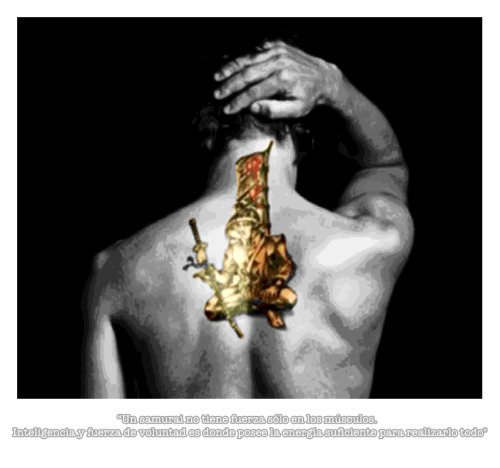machin wrote:See below; Datalogger traces from one of my fellow competitor's car showing H-pattern manual vs a pneumatically actuated flat shift sequential in the same car. You can see there is no perceptable step in the acceleration on the flat shifter... as racers that's pretty much all we care about....

read more here:
http://www.xoomspeed.com/xoombox/xtrafl ... rmance.htm
Thanks machin very helpful.
I can only see four gears in this shift cascade.
The 1st to 2nd upshift looks identical for both gearboxes.
The manual shifted box needs lower third and fourth gear ratios.
The rev drop is to much at these shifts.
This graph shows a comparison between a sequential shift mechanism and an H pattern lever.
There is a benefit in ease of operation using the sequential for the driver.
The speed of actual shift overlap is however the same .08 ms.
For the manual H pattern mechanism to meet this speed without spending to long in neutral or missing a shift, the driver has to be skilled enough to shift the lever not only from 1st to 2nd in a strait line as shown is achieved in the 1st to 2nd shift but also across the H pattern gate.
Note. this compares a sequential shift system with pneumatic operation.
The mechanism does not improve the shift overlap time at the actual engageing mechanism, which remains at a minimum of .08 ms, the lowest possible with this powertrains rotating components and their rotational moments of inertia.
Any extra loss of torque transfer from input to output of the gearbox, such as engine cuts etc must be added to the over all shift times if they are longer than the overlap times, to be totaly accurate.
The sequential gearbox shown is matched very well to the vehicle to advantage but it is not the ideal that could be achieved.
Ratio changes in the H pattern box would bring them level subject to a skilled enough driver.


